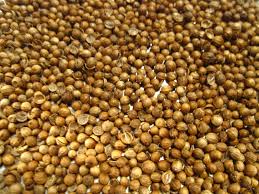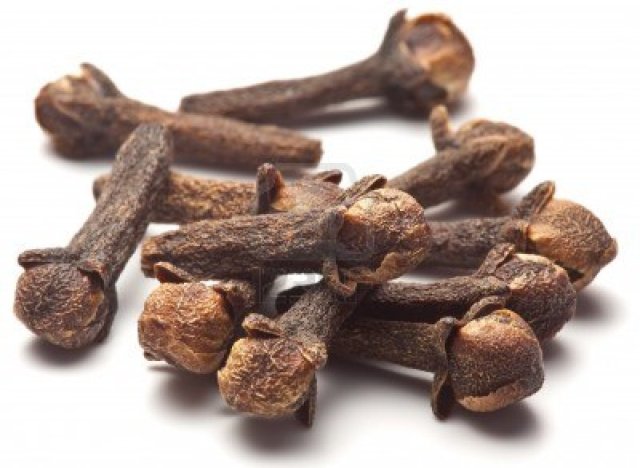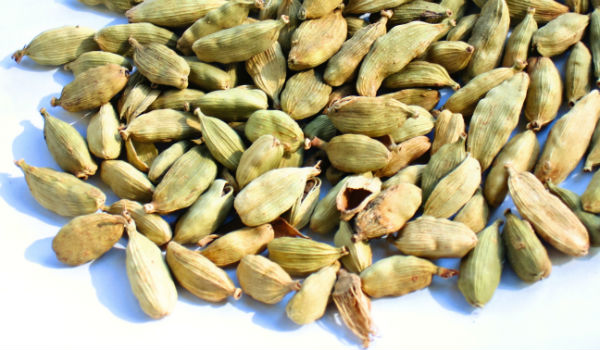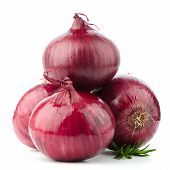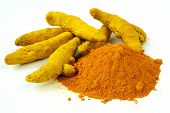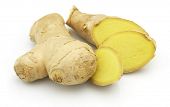
Lemons are acidic to the taste, but are alkaline-forming in the body. In fact they are one of the most alkaline-forming foods; this makes them great for balancing a highly acidic condition in the body. Lemons are a favorite all over the world and an essential food in kitchens everywhere.“We are living in a world today where lemonade is made from artificial flavors and furniture polish is made from real lemons.”
1. Lemons are: Lemons are acidic to begin with but they are alkaline-forming on body fluids helping to restore balance to the body’s pH.
2. Lemons are rich in vitamin C and flavonoids that work against infections like the flu and colds.
3. Your liver loves lemons: “The lemon is a wonderful stimulant to the liver and is a dissolvent of uric acid and other poisons, liquefies the bile,” says Jethro Kloss in his book Back to Eden. Fresh lemon juice added to a large glass of water in the morning is a great liver detoxifier.
4. Cleans your bowels: Lemons increase peristalsis in the bowels, helping to create a bowel movement thus eliminating waste and helping with regularity. Add the juice of one lemon to warm water and drink first thing in the morning.
5. Scurvy is treated by giving one to two ounces of lemon juice diluted with water every two to four hours. In 1747, a naval surgeon named James Lind cured scurvy with fresh lemons. To this day, the British Navy requires ships to carry enough lemons so that every sailor could have one ounce of juice a day. In the past, lemons were replaced with limes; this is where the English got their nickname “limeys.”
6. The citric acid in lemon juice helps to dissolve gallstones, calcium deposits, and kidney stones.
7 . VITAMIN C in lemons helps to neutralize free radicals linked to aging and most types of disease.
8. The lemon peel contains the potent phytonutrient tangeretin, which has been proven to be effective for brain disorders like Parkinson’s disease.
9. In India, Ayurveda medicine values the lemon as a fruit and for its properties. It is sour, warm, promoter of gastric fire, light, good for vision, pungent and astringent.
10. It destroys intestinal worms.
11. When there is insufficient oxygen and difficulty in breathing (such as when mountain climbing) lemons are very helpful. The first man to reach the top of Mt. Everest, Edmund Hillary, said that his success on Mt. Everest was greatly due to lemons.
12. Lemons have powerful antibacterial properties; experiments have found the juice of lemons destroy the bacteria of malaria, cholera, diphtheria, typhoid and other deadly diseases.
13. Blood vessels are strengthened by the vitamin P (bioflavinoids) in lemon thus prevents internal hemorrhage. Also, making it useful in treating high blood pressure.
14. The symptoms of eye disorders, including diabetic retinopathy have been shown in research to improve due to the rutin, found in lemons.
15. Lemons contain 22 anti-cancer compounds, including naturally occurring limonene; oil which slows or halts the growth of cancer tumors in animals and flavonol glycosides which stop cell division in cancer cells.
16. According to The Reams Biological Ionization Theory (RBTI), the lemon is the ONLY food in the world that is anionic (an ion with a negative charge). All other foods are cationic (the ion has a positive charge.) This makes it extremely useful to health as it is the interaction between anions and cations that ultimately provides all cell energy.

